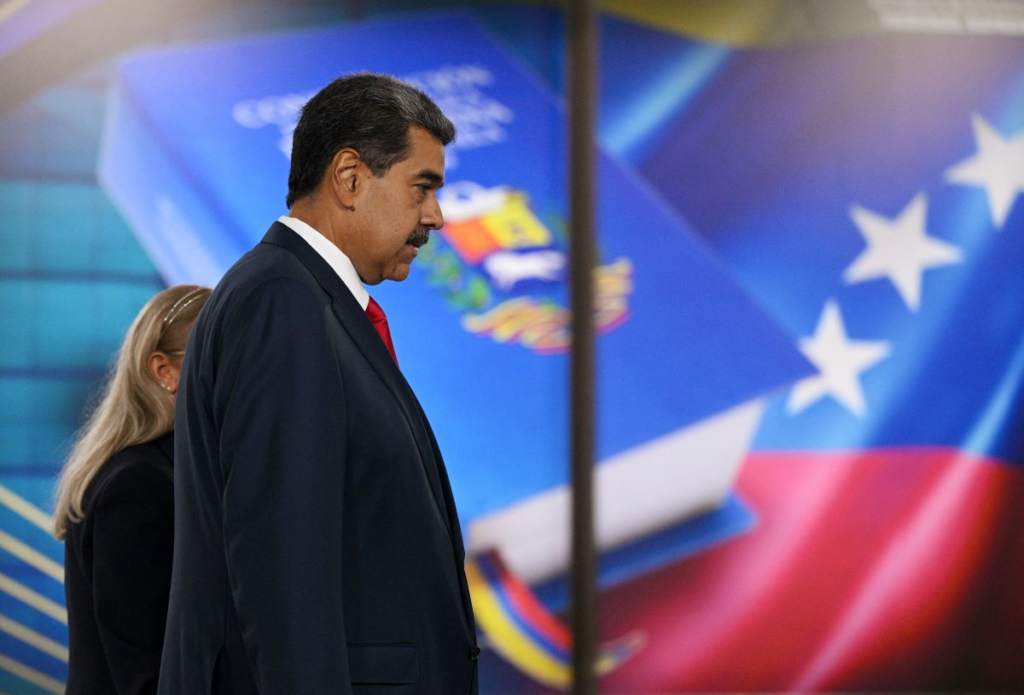
The Electoral Chamber of the Supreme Court of Justice (TSJ) of Venezuela on Friday asked the candidates who participated in the recent presidential election and the National Electoral Council (CNE) to deliver “legal documents of legal relevance” to investigate and certify the results of the presidential elections held on July 28, reported the president of the organization Caryslia Rodríguez in a hearing.
With this act, the highest court in Venezuela takes control of the controversial electoral process on Sunday, after President Nicolás Maduro on Wednesday filed an electoral contentious appeal to certify the results announced by the CNE, which on Friday, five days after the election and without presenting the minutes broken down by center and voting table, presented a second bulletin that increases Maduro’s supposed advantage over Edmundo González Urrutia, the candidate of the opposition Democratic Unitary Platform.
“The electoral jurisdiction rests in this Chamber,” added the highest authority of the TSJ, and stressed that its decisions are “binding” for all parties that participated in the presidential elections.
Nine of the ten presidential candidates were present at the event. González Urrutia was the notable absentee. Venezolana de Televisión, the state channel, broadcast the event on television and repeatedly took the empty seat that belonged to the former ambassador, who has not made public the reasons for his absence.
Earlier, Perkins Richa, spokesman for González and Machado’s Comando Con Venezuela, stated on his X account that the electoral chamber of the Supreme Court usurps the power of the CNE "with invented processes," referring to the expert opinion requested by President Maduro.
Eight of the candidates signed a document that commits them to accept the ruling of the Electoral Chamber. The remaining candidate, Enrique Márquez, from the Centrados party, refused to sign and at the end of the act declared that he had never received a summons. “I do not know exactly what the appeal consists of,” he said, while asking the CNE to make the results public. “I demand transparency, I demand to publish the results,” he said.
Another of the candidates present, Antonio Ecarri, did sign the appeal, but said he had recorded an observation in which he declared that he did not agree with the act called by the TSJ. “This procedure is not contemplated in the law. This act does not generate certainty. There must be respect for the law, respect for the institutions and respect for the vote for there to be peace,” he added.
“They invited us to open an unprecedented procedure. The National Electoral Council should have published its minutes and proclaimed the winner,” said Ecarri.
In the past, the opposition has denounced that the Executive maintains a tight control over the Venezuelan judicial apparatus and also over the Electoral Power, but the Government has always maintained that there is a separation of powers in the country and has demanded respect for the institutions.